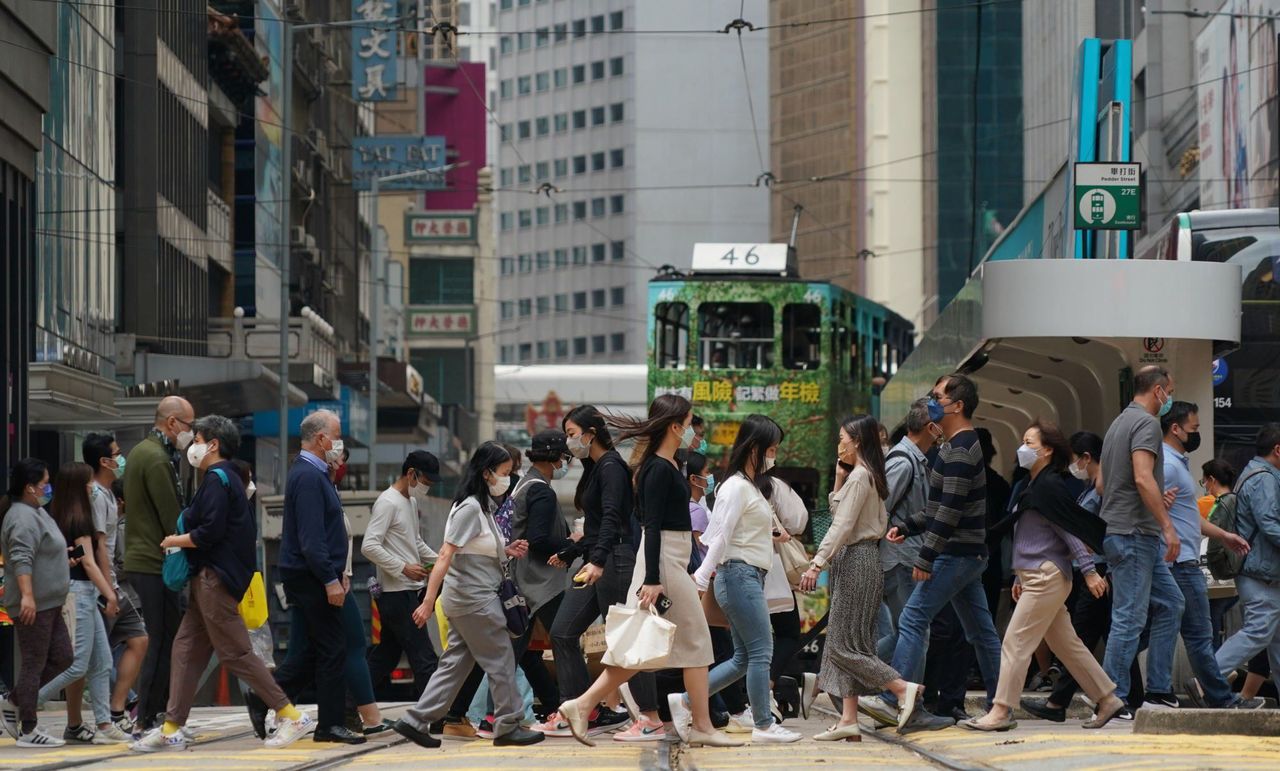Hong Kong News

To reinvigorate Hong Kong, embrace a global mindset once more
Over centuries, Hong Kong has been built by people in transit, from British opium traders and colonial grandees to waves of Chinese migrants and expatriates. The small island has given outsiders access to rising Chinese wealth, skilfully cultivating its role as intermediary between East and West.
Yet today Hong Kong’s service-centric economy stands outdated in comparison to its tech-focused, innovation-driven neighbour Shenzhen, while the government’s botched response to Omicron has led to an exodus of expatriates.
The malaise is being keenly felt by all sectors of Hong Kong’s economy. As chief executive hopeful John Lee Ka-chiu announced his election bid last week, he vowed to bring new hope to Hong Kong. With the fifth wave receding, it should be the new government’s top priority to woo our departed workforce and investors to return to the city.
For most of its modern history, Hong Kong has prided itself on being a cultural melting pot, where diverse groups coexist in harmony. Its dynamism and low tax regime provided strong incentive for foreigners to come here to work.
Beyond inspiring consumption, such cultural diversity offers the Goldilocks conditions for incubating innovative ideas. Ideas germinate more readily when people from various industries work in near proximity, while it is easier to recruit and retain talent when demands – from a vast market such as China – are nearby. That is the edge Hong Kong has over other places: its unparalleled transport infrastructure. Everything is just a stone’s throw away.
A deep talent pool is the first building block of a successful economy. Beijing’s Zhongguancun, dubbed China’s Silicon Valley, benefits from its contiguity to talent-breeding grounds such as Peking University and Tsinghua University. These elite clusters supply aspiring technologists and funding opportunities to new and old market entrants.
On a global scale, appetite for newfangled technology amid the pandemic has fuelled the recent tech stocks bonanza. Companies that have experienced exponential growth are typically global in their reach and talent recruitment. That is the modern-day innovation blueprint: one that must be based on a global citizenry.
 Hongkongers cross the street in Central district on March 30. Hong Kong
has long been a magnet for local and overseas workers due to its
strategic location and well-established travel links.
Hongkongers cross the street in Central district on March 30. Hong Kong
has long been a magnet for local and overseas workers due to its
strategic location and well-established travel links.
Immigrants are unerringly more enterprising given that they uproot themselves to seek out better opportunities. A 2019 report shows that 45 per cent of Fortune 500 companies were founded by immigrants or their children, a cohort that includes Amazon and Apple.
In the curious case of Chinese corporations, a lack of foreign representation in upper-level management is compensated for by a surfeit of “sea turtles”– returnees who have brought back with them overseas experience and knowledge.
According to Harvard Business Review, cross-cultural experience breeds entrepreneurship. Infused with know-how earned from exposure abroad, foreign technocrats often make substantial contribution to an economy.
The benefits of openness to non-local talent cascade into other traditional sectors. Before China embraced an open-door policy, Hong Kong was the obvious locale for foreign capital and companies eyeing China’s market. This, in turn, galvanised ambitious domestic players to identify connections and rewards. Many of the city’s tycoons built their empires by arbitraging between foreign suppliers and Chinese needs. It’s a formula that has contributed to Hong Kong’s decades of prosperity.
The diffusion of human and financial capital back into Hong Kong borders will inspire growth particularly in the tech and finance sectors. Even as tech valuations swung wildly in the first quarter of 2022, optimism in these industries remained unperturbed. For all the havoc that the pandemic has wreaked on Hong Kong’s local economy, its stock exchange remains the favoured fundraising platform for mainland and foreign companies.
How we play our cards to re-attract foreign workers will dictate the ups and downs of our next economic cycle. At its core, it was minimal government intervention in the market and fiscal stability that won the hearts of foreign workers. The new administration risks losing out to Singapore, its close competitor, if it only pays lip service to reversing the outflow of talent.
While intractable issues such as high housing prices will persist, the elements needed to thrive will continue to evolve. Calcified bureaucracy must give way to measured politicking with our future in mind.
If our new government does not react quickly, Hong Kong’s competitiveness will gradually decay and the city will drift away from being a global financial centre to one that is regional Chinese. To be clear, the reopening of our borders to welcome immigrants or expats does not require the jettisoning of our fundamental values. Policy direction should be calibrated to avoid chilling investment and growth.
For decades, diversity, hard work and, most of all, resilience, were the values that Hong Kong stood for. The hope is for the new administration to bring back this old “new” Hong Kong.











